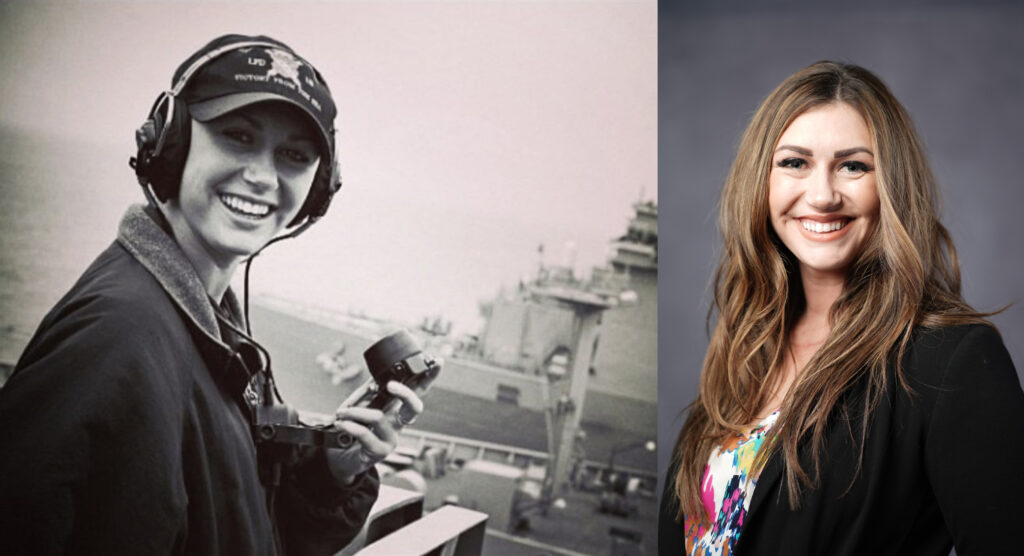

Finding Purpose After Service: Why Veterans Need a Strong Support Circle
When you leave the military, no one hands you a roadmap for what comes next. One day, you’re serving on a ship with a clear mission and a tight-knit team. The next, you’re home—trying to figure out who you are without the uniform.
I learned that lesson firsthand when I transitioned out of the Navy. For four years, I served aboard the USS New Orleans, an amphibious transport ship stationed in San Diego. Our days were built around structure and purpose: fueling small boats, navigating open seas, and making sure our missions ran smoothly. Life was disciplined and predictable, with every task spelled out and every decision rooted in the Navy’s core values—honor, courage, and commitment.
When I came home, all that structure disappeared. There was no morning formation, no daily mission, and no chain of command to guide me. What replaced it was uncertainty—and an unexpected sense of loss. I had to rediscover my purpose, rebuild my community, and learn how to live without the structure that had defined my life for years.
That’s where my circle of supporters made all the difference.
During deployment, I had learned the importance of connection. Being away from loved ones for months at a time can take a toll on anyone’s mental health. Back then, I found strength through journaling and by leaning on my shipmates—people who understood the pressures and sacrifices of military life. After I transitioned out, I realized I needed that same kind of support in civilian life: people who would listen without judgment, help me set new goals, and remind me that it’s okay to ask for help.
A very intelligent wise man once told me, “When you find a job you love, you’ll never work a day in your life.” That advice guided my next chapter. I knew I wanted to continue serving others, so I went back to school, earned my counseling degree, and eventually became a licensed professional counselor. Today, as Clinical Director at Grand Mental Health, I help others navigate their own challenges, including many who are walking the same path I once did.
Working in mental health has also deepened my appreciation for the power of community—especially in rural Oklahoma, where access to resources can be limited. I grew up in one of those small towns, where counseling services were few and far between. Now, I get to help change that. One of my proudest moments was serving as a therapist in the same school I graduated from, offering support that I wish had been available when I was younger.
The truth is, none of us find purpose alone. Whether you’re a veteran, a first responder, or someone simply going through a big life change, having a circle of supporters matters. We all need people who can help us navigate uncertain waters and remind us of our own resilience.
For those preparing to transition out of the military, my advice is simple: build your support system early. Reach out to other veterans, counselors, mentors—anyone who can walk with you through the ups and downs. You don’t have to have all the answers on day one. You just need people who will help you find them.
Because life after service isn’t about losing your mission—it’s about discovering a new one. And the right people beside you can help you find it.
Breanna Cook, LPC-s, Clinical Director at GRAND Mental Health, licensed professional counselor and Navy Veteran
https://tulsaworld.com/opinion/editorial/article_66e63a40-1bb1-4db3-b006-844774e7b312.html